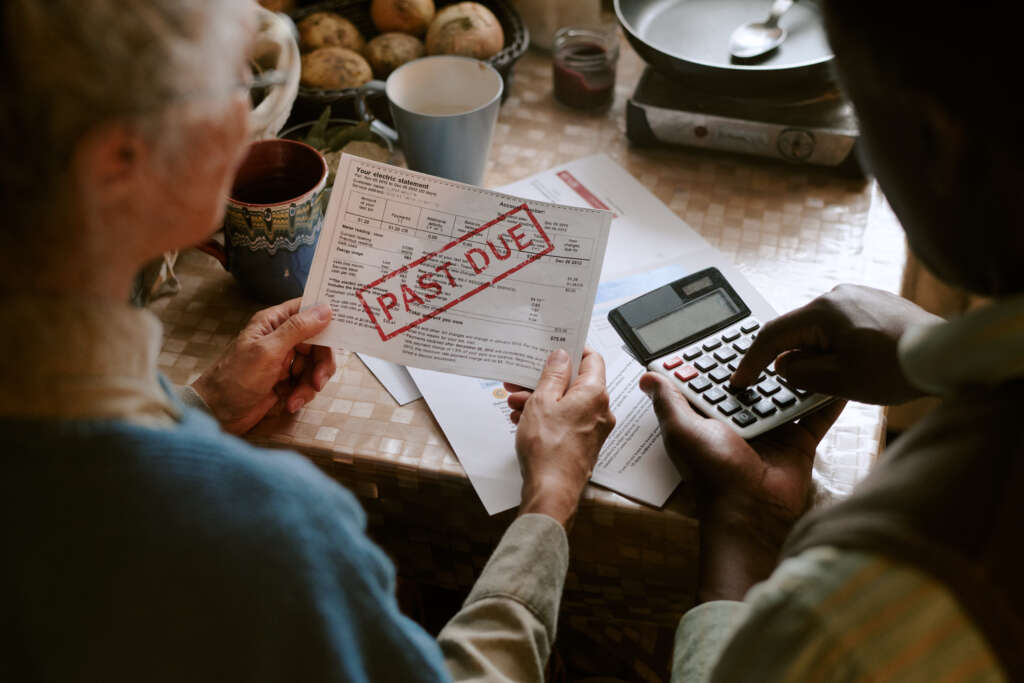Share This Article
When unexpected expenses hit or income drops suddenly, keeping up with rent and utilities can feel impossible. But here’s how to tackle this challenge: multiple assistance programs exist specifically to help people through tough times. The key is knowing where to look and how to apply quickly before funds run out.
Federal Emergency Rental Assistance
The Emergency Rental Assistance Program helps eligible households catch up on past-due rent and utilities. Each state administers the program differently, but most provide:
- Up to 18 months of rental assistance
- Past-due utility payments
- Future rent payments for up to 3 months
- Late fees and court costs related to eviction
Income limits typically cap eligibility at 80% of area median income. A family of four in most areas can earn up to $65,000-85,000 annually and still qualify.
Low Income Home Energy Assistance Program (LIHEAP)
LIHEAP helps with heating and cooling costs year-round. The program provides:
- Bill payment assistance averaging $300-600 per household
- Energy crisis intervention for shut-off notices
- Weatherization services to reduce future bills
- Furnace repair or replacement in some states
Applications open different times throughout the year, with priority given to households with elderly members, young children, or disabled individuals. Apply through your state LIHEAP office as early as possible since funding is limited.
State and Local Emergency Programs
Utility Company Hardship Programs
Most major utilities offer their own assistance programs beyond government grants:
- Budget billing to spread costs evenly throughout the year
- Percentage of Income Payment Plans (PIPP) that cap bills at 6-10% of household income
- Medical hardship programs for households with health conditions requiring extra energy use
- Seasonal shut-off protection during extreme weather
Contact your utility company directly to ask about available programs. Many people don’t realize these options exist.
Community Action Agencies
These local nonprofits coordinate multiple assistance programs under one roof. Services typically include:
- Emergency rent and utility assistance
- Food assistance and clothing programs
- Job training and financial counseling
- Weatherization and home repair programs
Find your local Community Action Agency online or by calling 211.

Religious and Nonprofit Organizations
The Salvation Army
Local Salvation Army branches often provide emergency financial assistance for rent and utilities. Programs vary by location but typically offer:
- One-time emergency payments up to $500-1,000
- Ongoing case management and budgeting help
- Referrals to other assistance programs
Catholic Charities
Even if you’re not Catholic, Catholic Charities serves people of all backgrounds with:
- Emergency financial assistance
- Utility payment programs
- Rental assistance and eviction prevention
- Financial literacy classes
Local Churches and Faith Organizations
Many congregations maintain emergency funds for community members facing hardship. Even if you don’t attend services, most welcome assistance requests from neighbors in need.
How to Apply Successfully
Gather Required Documents
Most programs require similar documentation:
- Photo ID for all household members
- Social Security cards
- Proof of income (pay stubs, benefit statements, unemployment documentation)
- Lease agreement or mortgage statement
- Utility bills and shut-off notices
- Bank statements from the past 30 days
Apply Early and Often
Emergency assistance funds operate on a first-come, first-served basis. Apply as soon as you realize you’ll have trouble making payments, not after you’re already behind.
Submit applications to multiple programs simultaneously. Receiving assistance from one program doesn’t automatically disqualify you from others.
Follow Up Consistently
Call back weekly if you haven’t heard about your application status. Squeaky wheels often get faster attention when caseworkers handle hundreds of applications.
Special Circumstances
Veterans
Veterans and their families have access to additional programs through VA housing assistance programs and local Veterans Service Organizations. These often provide more generous assistance than civilian programs.
Seniors
Area Agencies on Aging coordinate services specifically for older adults, including emergency financial assistance and ongoing utility bill help.
Disabled Individuals
State disability services departments often maintain emergency funds for people receiving disability benefits who face temporary financial crises.
Prevention Strategies
While seeking emergency assistance, consider longer-term solutions:
- Apply for energy assistance annually, not just during crises
- Enroll in budget billing programs to avoid seasonal spikes
- Investigate whether you qualify for reduced-rate utility programs
- Look into housing choice vouchers if rent consumes more than 30% of income
When Time Is Critical
If you’re facing immediate shut-off or eviction:
- Contact your utility company or landlord immediately to explain your situation
- Apply for crisis intervention through LIHEAP
- Call 211 for same-day assistance referrals
- Visit local Community Action Agencies in person if possible
Remember that most assistance programs want to help you succeed. Be honest about your situation, provide complete documentation, and follow through on any requirements. With persistence and the right resources, you can get through this difficult time and back on stable ground.


